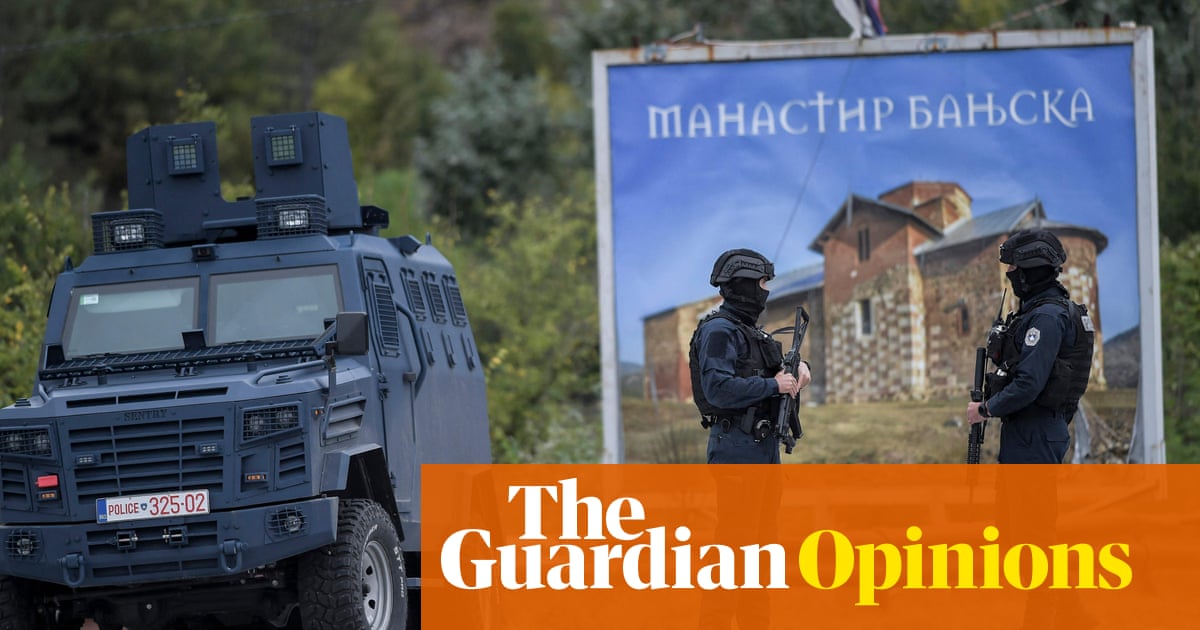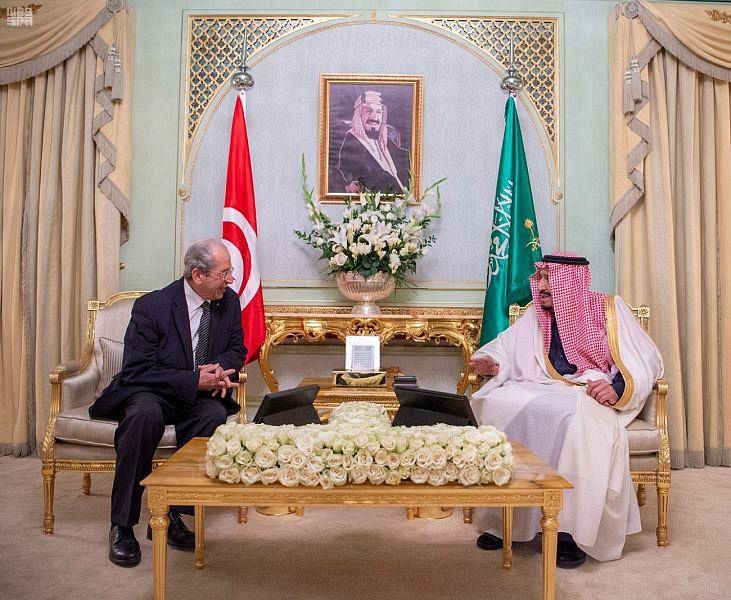
For eleven centuries, Muslims have worshiped continuously at Al-Aqsa Mosque in Jerusalem, the third-holiest site in Islam after Makkah and Madinah. But this exclusive domain of Muslims, covering an area of 144 dunums, has been under threat for some time.
With Israeli governments becoming increasingly radical and right wing, demands by extremists to take over the mosque, or at least share it with Muslims, have been on the increase. Despite claims to the contrary, Israeli officials are not opposed to the idea, even though the chief rabbis of Israel have publicly called on Jews not to set foot on mosque land.
Last Sunday was a day of true heroism in the defense of the mosque. Daily storming of the mosque by Jewish extremists has been on the rise in recent years. In Amman on February 13, 2014, Israeli Prime Minister Benjamin Netanyahu reassured US secretary of State John Kerry, in the presence of King Abdullah of Jordan, that the mosque is for “Muslims to pray and for all others to visit.”
In this context, “others” means Israeli government Jews, who often use visits to the holy Islamic site as an opportunity to act provocatively by saying prayers and making religious gestures that represent something more than simply a tourist wanting to visit a historic UNESCO world heritage site. On one horrid occasion, a couple organized a religious Jewish wedding on the Islamic esplanade.
In recent years, the aspirations of many extremist Jews to make a statement with their feet has reached a climax on a specific day. Tisha B’Av is considered the saddest day in the Jewish calendar because it reminds Jews of the destruction of their temple “and other calamities.” According to Jewish tradition, the temple was destroyed 20 centuries ago in the year 70 AD. It is unclear exactly where it stood.
Al-Aqsa mosque was built in 984 AD and, except for short periods when the crusaders held Jerusalem, it has been a house of prayer and pilgrimage for Muslims from around the world.
The Muslim and Jewish calendars collided this year, as Tisha B’Av and the first day of Eid Al-Adha fell on the same day, August 11. Israeli police, on the orders of the prime minister, insisted on guaranteeing the right of Jewish extremists to ascend to the holy esplanade. The Jerusalem Islamic Waqf Council refused to accept this. It asked all Jerusalemite mosques to close and called on Muslims to head to the old city, delaying Eid prayers at Al-Aqsa for an hour to give them a chance to do so. The assembled worshipers were then urged to remain on mosque premises to ensure that everyone understood that the mosque is for Muslims prayer only. This call to action meant that families had to sacrifice their traditional visits to the graves of loved ones and the family Eid meal, postponing such social activities until the second day of the four-day holiday.
Eventually Netanyahu called off the troops, only to reverse his decision a few hours later following a backlash from even more hard-line members of his government and party.
Daoud Kuttab
About 100,000 brave Jerusalemites gathered at the mosque in the old city on Sunday morning and remained there defending Al-Haram Al-Sharif and Al-Aqsa with nothing but their presence. A small group of Christian Palestinians were seen handing out sweets to children at the mosque, helping to ensure that the holiday spirit was not spoiled for the little ones.
A large contingent of Israeli soldiers attempted, more than once, to storm the mosque. They used tear gas, stun grenades and batons but the Palestinians stood their ground. Sixty-one Palestinians were injured and at least 14 needed hospital treatment but, for the most part, the human wall created by the brave Jerusalemites withstood the onslaught of the heavily armed Israelis.
Eventually Netanyahu called off the troops, only to reverse his decision a few hours later following a backlash from even more hard-line members of his government and party.
Nevertheless, the day was won and the mosque was protected — but at a high physical and emotional cost. Unfortunately, the story does not end here. The people who defended the mosque might have won this round, but the long, hard battle for Al-Aqsa continues.
With the exception of Jordan and a few other leaders, the Arab and Muslim world remained relatively silent about Sunday’s events - at least in public. Without genuine support and solidarity from Arabs, Muslims and peace-loving people around the world, such scenes will most likely be repeated time and again.
Palestinians feel unified and strong after their efforts at the mosque but there is a bitterness about being abandoned by their fellow believers around the world.











